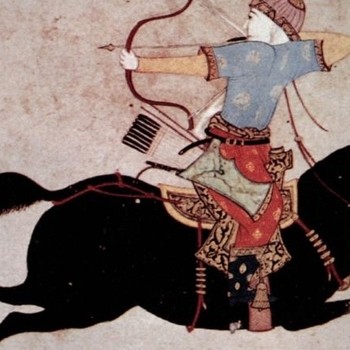When did chaotic leadership and lack of unification leave Egypt vulnerable to invaders?
1 Answer
There were some dates when governors made inconvenient decisions. The ideal isolation finished because lots of invaders has Egypt on sight. Times were changing drastically.
Explanation:
Every aspect of the early civilization was evoluting very quickly in comparison to other societies.
Unfortunately, the prosperous situation started to change in 2200 BC , when the the pharaoh authority declined and the unitary state was scattered into various small political units. Consequently, the Old Kingdom(2650-2190 BC) met its end to be succeeded by the First Intermediate Kingdom(2190-2050 BC).
Then, in 1800 BC , Ancient Egypt witnessed a political crisis which let invaders, such as the Hyksos, attack.
In 1350 BC approximately, Egypt lost its Asian conquests due to a lack of political control. Akhenaten was not capable of leading a great nation due to religious influence and excessive importance which condemned the empire since the Middle Kingdom.
Later, the Hittites held some intense wars with the Egyptians who cleverly decided for a treaty of peace.
Afterwars, the successors of Ramses II by 1230 BC, took notice of another bigger danger: the Seas Peoples.
Those years determined the absolute decadence of Egypt from now on...
The kingdom of Kush or Nubia, attacked and conquered much of Egypt in 720 BC. The Assyrians attacked in 630 BC, The Persian Empire in 530 BC, The Macedonian Empire with Alexander the Great in 332 BC and eventually, the Roman Empire making Egypt a colony.

